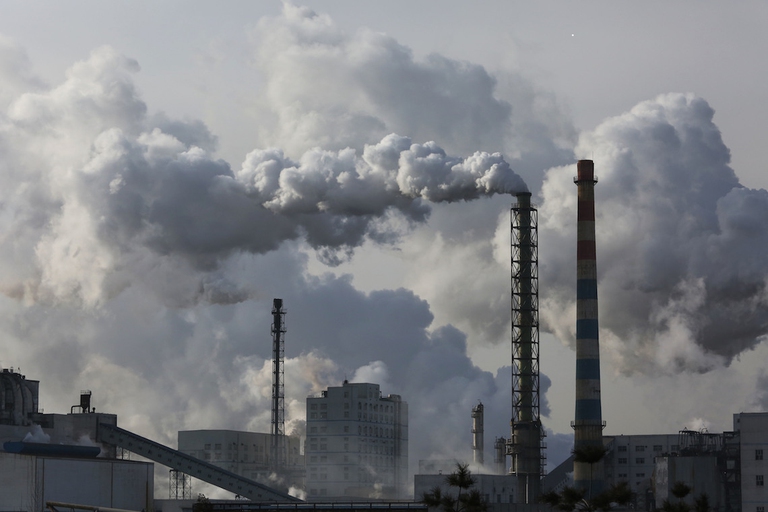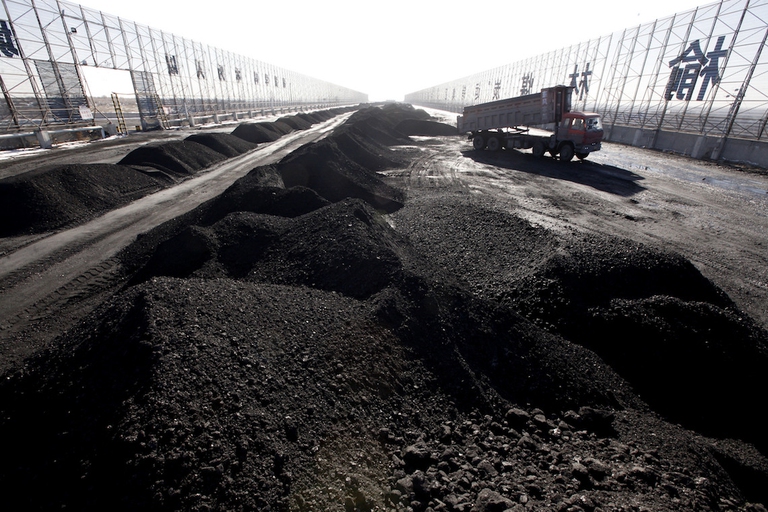
A report by Ember explains that in 2025 electricity generation from renewables (solar, wind and hydropower) surpassed that from fossil fuel sources.
According to a study commissioned by Greenpeace, not only do coal plants pollute the atmosphere, they also deprive us of large amounts of water.
Coal plants worldwide use water equal to needs of 1.2 billion people. This figure will even double if all the plans for new plants powered by fossil fuels will be completed.
This was revealed in a study commissioned by Greenpeace: “We now know that not only does coal pollute our skies and fuel climate change, it also deprives us of our most precious resource: water”, said Harri Lammi, global campaigner of the NGO.
The study, published online, analyses data of 8,359 coal plants worldwide and takes into account the water consumed by power plants (about 84% of the coal industry’s water usage) as well as that needed to extract the raw material. The report reveals mostly that 44% of the existing coal plants and 45% of those planned to be built are in regions with high levels of “water stress”.
“The whole life cycle of coal-generated electricity – Greenpeace explains – has enormous impacts on freshwater systems”. Globally, the coal industry consumed 22.7 billion cubic meters of water in 2013.
The coal plants that are planned to be built certainly won’t improve the situation. As early as in 2012 a report released by the International Energy Agency had warned: the amount of water used to generate electricity will increase by 85% by 2035 because, paradoxically, new coal plants (that emit less CO2) will use larger amounts of water.
On the contrary, “renewable energy requires almost no water to generate electricity. Switching from coal to renewable energy is one of the most effective and actionable ways to save water, and ensure clean water supply”, the environmental association said.
Siamo anche su WhatsApp. Segui il canale ufficiale LifeGate per restare aggiornata, aggiornato sulle ultime notizie e sulle nostre attività.
![]()
Quest'opera è distribuita con Licenza Creative Commons Attribuzione - Non commerciale - Non opere derivate 4.0 Internazionale.
A report by Ember explains that in 2025 electricity generation from renewables (solar, wind and hydropower) surpassed that from fossil fuel sources.
The Tyler Prize, considered the “Nobel Prize for the Environment,” has been awarded to Toby Kiers, an American biologist working in Amsterdam.
Belgium is one of the countries most exposed to climate change. Dune–dikes are a solution to curb sea-level rise.
Between October 2024 and September 2025, the average temperature in the Arctic was 1.6 degrees Celsius higher than during the 1991–2020 period.
Undeclared conflicts of interest, paid authors, lack of transparency: one of the most cited studies on glyphosate, published in 2000, has been retracted.
The Copernicus service has released data for the first eleven months of 2025: global warming is set to come close to last year’s record.
The European Council and Parliament have reached an agreement on the European Commission’s proposal to deregulate new GMOs. But farming, organic agriculture, and environmental organizations are calling for it to be stopped.
The world’s second-largest producer has taken a historic decision. However, farms will have until 2034 to shut down.
A Greenpeace report denounces Russia’s political and economic model: a nexus of extractivism, authoritarianism and war that is destroying the environment, with serious repercussions for the global ecosystem.









